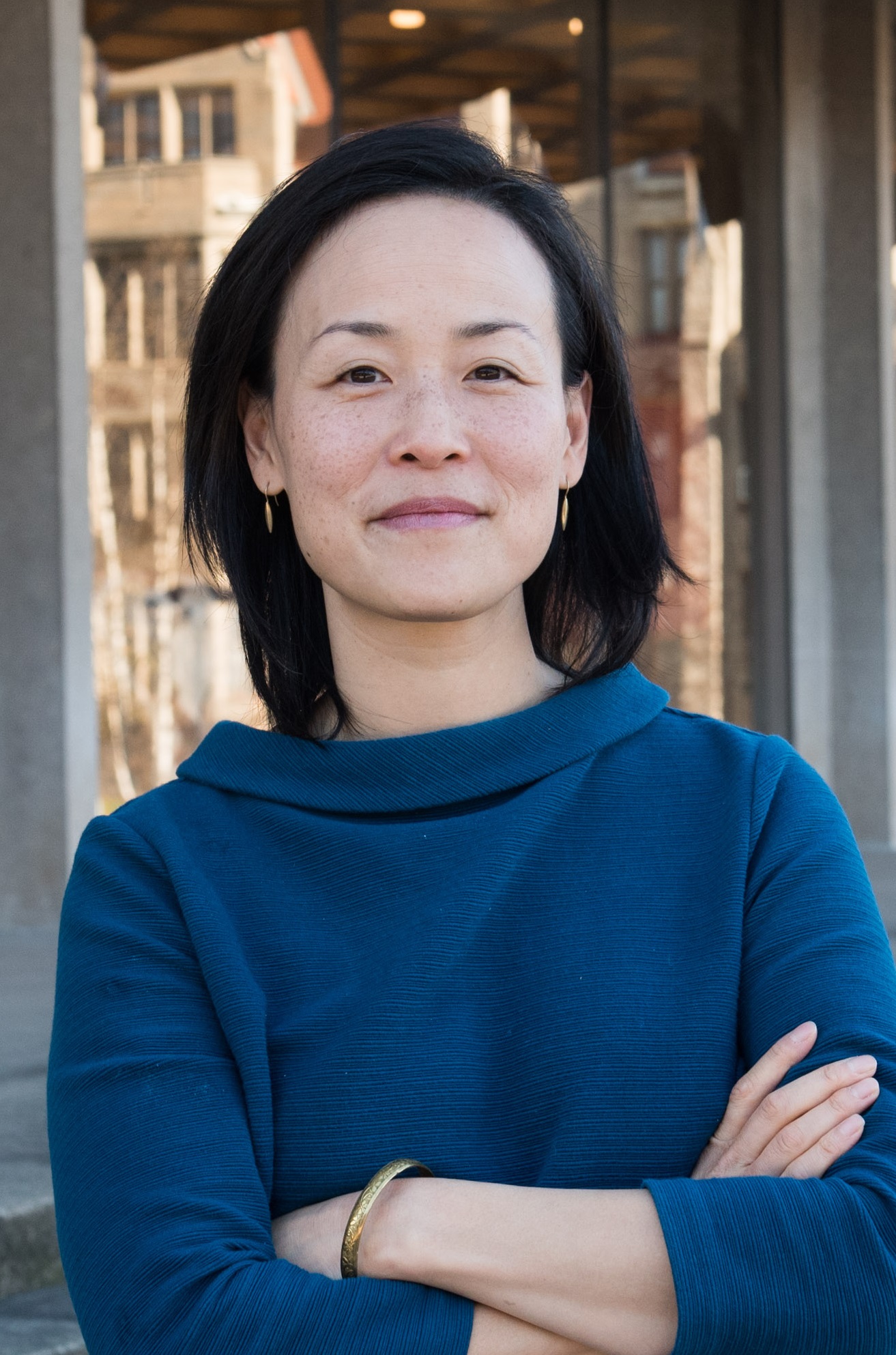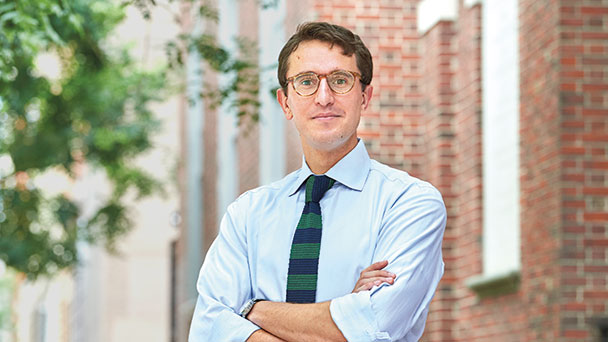Date: Friday, December 3, 2021, 12:00 – 1:00 PM EST
Webinar Description:
AALS Conversations on the Administrative State is a regular series of conversations that will bring together scholars of administrative law with scholars of public administration to discuss areas of shared intellectual interest and different approaches to the study of the administrative state.
Debates about agency independence often turn on the removability of agency heads. But this myopic focus misses a world of subdelegations to internal actors with for-cause protection. In particular, agencies delegate final, governmental authority to members of the insulated civil service, with important implications for administrative law, democratic accountability, and expertise. This second AALS Conversation will feature Jennifer Nou and Don Moynihan in a discussion about these “shadow” independent agencies — their scope, significance, and meaning for the administrative state.
Learning Objectives

Jennifer Nou, J.D., Professor of Law, University of Chicago Law School
Jennifer Nou is Professor of Law at the University of Chicago Law School. Nou’s main research interests are in administrative law, executive branch dynamics, regulatory policy, and constitutional separation-of-powers. Prior to joining the faculty, she was a Public Law Fellow at the Law School and also worked as a policy analyst and special assistant at the Office of Information and Regulatory Affairs. Nou is a graduate of Yale College and Yale Law School, and received an MPhil in Politics from Oxford University as a Marshall Scholar. After law school, she was a law clerk to Judge Richard Posner of the US Court of Appeals for the Seventh Circuit and then to Justice Stephen Breyer of the US Supreme Court. She is currently a public member of the Administrative Conference of the United States.

Donald Moynihan, J.D., Professor of Law and McCourt Chair at the McCourt School of Public Policy, Georgetown University Law Center
Donald Moynihan is the inaugural McCourt Chair at the McCourt School of Public Policy. His research seeks to improve how government works. He examines the behavioral effects of efforts to improve public sector outcomes through government reform, as well as the administrative burdens people encounter in their interactions with government. He is the author of the book Administrative Burdens: Policymaking by Other Means, and most recently Public Management for Populists: Trump’s Schedule F Executive Order and the Future of the Civil Service.

Noah A. Rosenblum, J.D., Assistant Professor of Law, New York University School of Law
Noah A. Rosenblum is an Assistant Professor of Law at New York University School of Law, where he was previously the Samuel I. Golieb Fellow in Legal History.
Rosenblum works primarily in administrative law, constitutional law, and legal ethics. His research takes a historical approach to the study of state institutions and the regulation of the bar, seeking to understand how law can be used to promote democratic accountability.
His dissertation, “The Tribe of the Eagle: Presidential Democracy in Thought and Practice,” charts the growth of presidential control over administration through a new history of the legal, institutional, and intellectual development of the administrative state. His other work has explored the history of professional regulation, the history and theory of democratic institutions, and the law of public corruption, among other topics. His writing has appeared or is forthcoming in the Columbia Law Review, the Georgetown Journal of Legal Ethics, and the Yale Law Journal, among other venues, and has been awarded the Joseph Parker Prize in Legal History and the Fred C. Zacharias Award in Legal Ethics, among other honors.
Rosenblum pursued his undergraduate studies at Deep Springs and Harvard College and earned his JD from Yale Law School. Rosenblum is concurrently a PhD Candidate in intellectual and legal history at Columbia University, where his studies have been supported by a Javits Fellowship. After law school, he clerked for Judge Jenny Rivera of the New York Court of Appeals and Judge Guido Calabresi of the United States Court of Appeals for the Second Circuit. Rosenblum is a member of the New York Bar.

Alasdair Roberts, Ph.D., J.D., Director and Professor, University of Massachusetts Amherst School of Public Policy
Alasdair Roberts is director and professor at the School of Public Policy. He writes extensively on problems of governance, law, and public policy. His most recent book, Strategies for Governing, was published by Cornell University Press in 2020. He is the author of Can Government Do Anything Right? (Polity Books, 2018), Four Crises of American Democracy (Oxford University Press, 2017), The End of Protest: How Free-Market Capitalism Learned to Control Dissent, (Cornell University Press, 2013), America’s First Great Depression (Cornell University Press, 2012), The Logic of Discipline: Global Capitalism and the Architecture of Government (Oxford University Press, 2010), The Collapse of Fortress Bush: The Crisis of Authority in American Government (New York University Press, 2008), and Blacked Out: Government Secrecy in the Information Age, (Cambridge University Press, 2006). Blacked Out received the Brownlow Book Award from the US National Academy of Public Administration and three other academic book awards. The Logic of Capitalism received an honorable mention from the Best Book award committee of the American Society of Public Administration’s Section on Public Administration Research. Roberts has also won several awards for his journal articles.
Roberts was elected as a fellow of the US National Academy of Public Administration in 2007. From 2009 to 2017, he was co-editor of the journal Governance. He serves on the editorial boards of several other journals in the field of public administration. He has a PhD in public policy and a master’s of public policy from Harvard University and a JD from the University of Toronto.